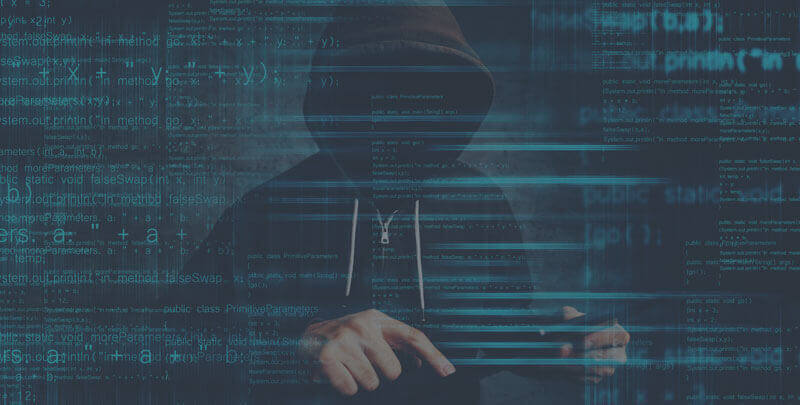Check scams are staging a comeback as criminals continue to seize on the confusion the COVID-19 pandemic has created in people’s lives and finances. Recently, Wells Fargo sent a message to bank customers warning them to be on the lookout for check scammers.
One age group in particular – the 18 to 24 group – is especially vulnerable because they aren’t as familiar with what to look for in a check anymore.
In a fake check scam, a person you don’t know asks you to deposit a check – sometimes for several thousand dollars, and usually for more than you are owed – and send some of the money to another person. The scammers always have a good story to explain why you can’t keep all the money. They might say they need you to cover taxes or fees, you need to buy supplies or something else.
These scams work because fake checks generally look just like real checks, even to bank employees. They are often printed with the names and addresses of legitimate financial institutions. They may even be real checks written on bank accounts that belong to identity theft victims.
By law, banks have to make deposited funds available quickly, usually within two days. When the funds are made available in your account, the bank may say the check has “cleared”, but that doesn’t mean it’s a good check. It can take weeks for a bank to figure out that the check is a fake once it’s deposited, and you may be out the amount of the check and any money sent to the scammer.
Here’s how to help avoid a fake check scam:
● Never use money from a check to send gift cards, money orders or wire money to strangers or someone you just met. Many scammers demand that you send money through money transfer services like Western Union or MoneyGram, or buy gift cards and send them the personal identification number (PIN). Once you wire money, or give someone the gift card PINs, it is like giving someone cash. And, it’s almost impossible to get it back.
● Disregard offers that ask you to pay for a prize. If it’s free, you shouldn’t have to pay to get it. Often, the scammers tell you that you need to act fast to claim the prize, or you may lose out on the gift. It’s a scam; don’t fall for it.
● Don’t accept a check for more than the price. Often scammers follow up when the amounts don’t match. They contact you, asking for a return of the difference in price, and maybe claim that they’ve made a mistake. That’s a big red flag, and you can bet it’s a scam.

